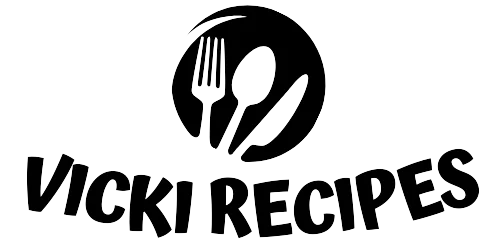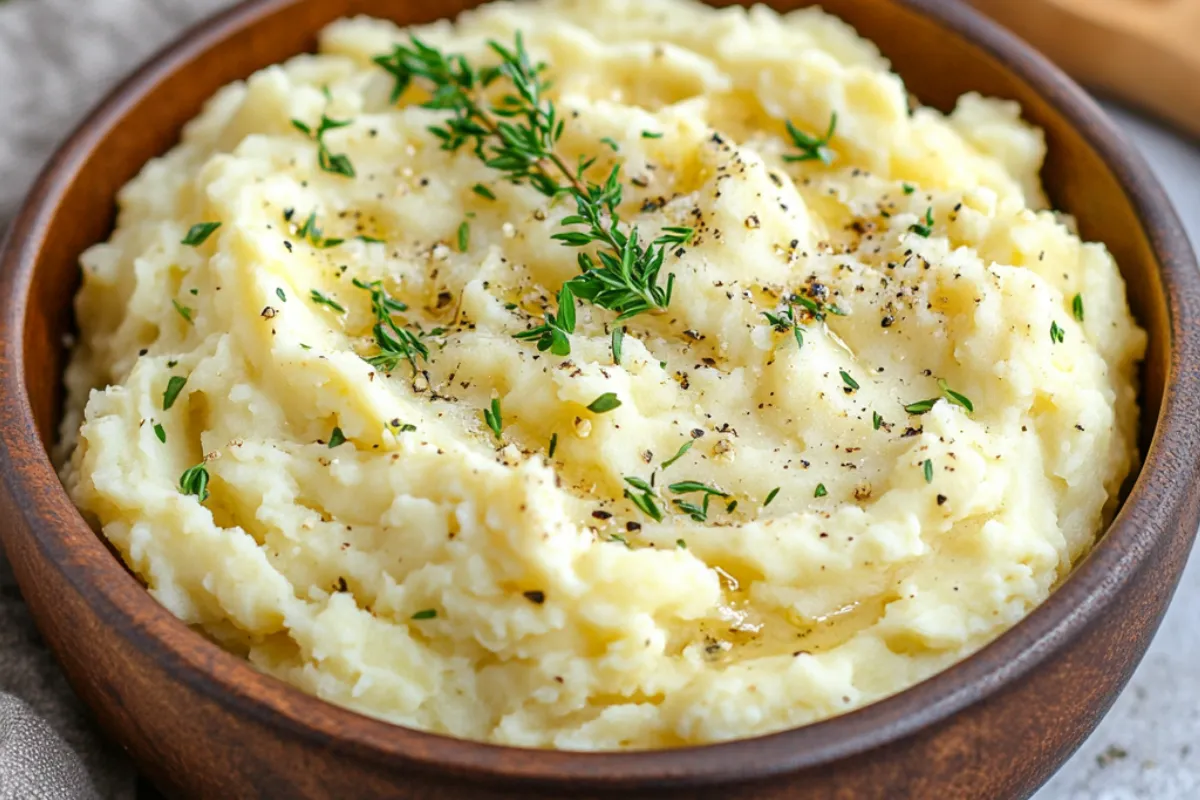Mashed potatoes are a staple in many households, often appearing as a comforting side dish during family dinners and holiday feasts. However, for those following a free gluten diet, the question arises: Is there gluten in creamed potatoes? Understanding whether creamed potatoes contain gluten is crucial for individuals with celiac disease or gluten sensitivity. In this comprehensive guide, we will explore the factors that determine whether mashed potatoes are safe to eat, how to identify no gluten options, and tips for enjoying this beloved dish without gluten-related concerns.
Introduction to Gluten and Gluten Sensitivity
Gluten is a protein found in wheat, barley, and rye. It helps give baked goods their texture by adding elasticity and structure. However, for people with celiac disease or gluten intolerance, eating gluten can cause serious health problems. Celiac disease is an autoimmune disorder where eating gluten causes the immune system to attack the small intestine, leading to problems absorbing nutrients. Gluten sensitivity can cause symptoms like bloating, diarrhea, and fatigue, without damaging the intestine as celiac disease does.
Understanding the impact of gluten on health is important for those who must avoid it. For more detailed information, you can read about Understanding Celiac Disease.
Are Potatoes Naturally Gluten-Free?
In their natural state, potatoes are free of gluten. They are a starchy root vegetable and do not contain any of the proteins found in wheat, barley, or rye that make up gluten. This makes potatoes a safe option for those who need to avoid gluten. However, the way potatoes are prepared, especially when making creamed potatoes, can sometimes introduce gluten into the dish.
Potatoes are a versatile ingredient in gluten-free cooking, but it’s important to be aware of potential sources of contamination. For instance, when you mash potatoes, you often add ingredients like butter, milk, and seasonings. While these ingredients are generally free of gluten, you must ensure they remain uncontaminated during processing. To avoid gluten contamination in your kitchen, check out these helpful suggestions.
Basic Ingredients in Mashed Potatoes
The basic ingredients for traditional mashed potatoes typically include:
- Potatoes: Naturally free of gluten.
- Butter: Usually free of gluten, but it’s important to check that it hasn’t been processed with gluten-containing ingredients.
- Milk or Cream: Also gluten-free, but again, check for any additives that might contain gluten.
- Salt: Pure salt is gluten-free, but seasoned salts may contain gluten.
These ingredients are generally safe for a gluten-free diet. However, when dining out or purchasing pre-made creamed potatoes, it’s essential to ensure that no additional ingredients containing gluten have been added.
Factors That Can Introduce Gluten into Creamed Potatoes
Despite their simple ingredients, several factors can introduce gluten into mashed potatoes:
- Cross-Contamination During Preparation: In shared kitchen spaces, gluten-containing ingredients can accidentally come into contact with otherwise gluten-free foods. For example, if the same utensils or surfaces are used for both gluten-containing and gluten-free foods, cross-contamination can occur.
- Use of Thickeners or Flavorings: Some chefs or manufacturers may add thickeners or flavorings to creamed potatoes, which might contain gluten. This is particularly common in pre-packaged mashed potatoes or instant mashed potato mixes.
- Instant Creamed Potatoes and Pre-Packaged Mixes: Instant Creamed potatoes often contain additives like modified food starch, which may be derived from wheat, making the product unsafe for those with celiac disease or gluten sensitivity.
- Restaurant Practices: When dining out, mashed potatoes might be prepared using shared equipment or cooked alongside gluten-containing foods. Additionally, some restaurants might add gravy or other sauces that contain gluten to their mashed potatoes.
To avoid these issues, it’s important to ask about the preparation methods used for mashed potatoes when dining out and to carefully read labels when purchasing pre-made or instant mashed potatoes.
How to Prepare Gluten-Free Mashed Potatoes at Home
The safest way to enjoy gluten-free mashed potatoes is to make them at home. This way, you have full control over the ingredients and preparation methods, ensuring that the mashed potatoes are truly gluten-free. Here’s a step-by-step guide to making gluten-free mashed potatoes at home:
- Choose the Right Potatoes: Russet potatoes are a popular choice for mashed potatoes due to their starchy texture, which results in creamy and fluffy mashed potatoes. However, Yukon Gold or red potatoes can also be used depending on your preference.
- Prep the Potatoes: Wash and peel the potatoes, then cut them into even-sized chunks to ensure they cook evenly. Place the potatoes in a pot of cold water and bring them to a boil. Cook until the potatoes are tender, about 15-20 minutes.
- Drain and Mash: Once the potatoes are cooked, drain them thoroughly and return them to the pot. Mash the potatoes using a potato masher, fork, or electric mixer until smooth.
- Add Gluten-Free Ingredients: Add butter, milk, or cream to the mashed potatoes, mixing until the desired consistency is achieved. Season with salt and any other gluten-free spices or herbs you like.
- Serve and Enjoy: Serve the mashed potatoes hot, either as a side dish or as part of a main course. They can be garnished with chopped chives, parsley, or a drizzle of olive oil for added flavor.
By following these steps, you can enjoy delicious, gluten-free mashed potatoes at home without worrying about cross-contamination or hidden gluten.
Gluten-Free Variations of Mashed Potatoes
There are many ways to customize mashed potatoes to suit your dietary preferences while keeping them gluten-free. Here are some ideas:
- Dairy-Free and Vegan Mashed Potatoes: Substitute butter and milk with plant-based alternatives like almond milk, coconut milk, or olive oil. This variation is perfect for those who are also avoiding dairy.
- Garlic Mashed Potatoes: Add roasted garlic or garlic powder to the mashed potatoes for a rich, savory flavor. Garlic is naturally gluten-free and pairs well with the creamy texture of mashed potatoes.
- Herb-Infused Mashed Potatoes: Mix in fresh or dried herbs like rosemary, thyme, or chives for an extra burst of flavor. Herbs are naturally gluten-free and can elevate the taste of your mashed potatoes.
- Mashed Sweet Potatoes: For a twist on traditional mashed potatoes, try using sweet potatoes. They offer a different flavor profile and are naturally gluten-free. You can mash sweet potatoes with ingredients like butter and milk for a traditional taste, or with cinnamon and maple syrup for a sweet variation.
Common Myths and Misconceptions About Gluten in Mashed Potatoes
There are several myths and misconceptions surrounding gluten and mashed potatoes. Here are some of the most common ones:
- Myth: All mashed potatoes are gluten-free.
- Fact: While the basic ingredients in creamed potatoes are gluten-free, additional ingredients or cross-contamination can introduce gluten.
- Myth: Instant mashed potatoes are always gluten-free.
- Fact: Many instant mashed potatoes contain additives like modified food starch, which may be derived from wheat and contain gluten.
- Myth: You don’t need to check the ingredients when making mashed potatoes from scratch.
- Fact: It’s important to check that all ingredients, including butter, milk, and seasonings, are gluten-free to avoid contamination.
Understanding these myths can help you make informed choices about the foods you eat and avoid unnecessary concerns.
FAQs About Gluten in Creamed potatoes
- Are mashed potatoes always free of gluten?
No, mashed potatoes are not always gluten-free. While the basic ingredients (potatoes, butter, milk) are gluten-free, additional ingredients or cross-contamination can introduce gluten. - What should I look for when buying pre-made mashed potatoes?
When buying pre-made mashed potatoes, look for no gluten labels and check the ingredient list for any potential sources of gluten, such as thickeners or flavorings. - How can I ensure that my mashed potatoes are gluten-free?
To ensure that your mashed potatoes are gluten-free, make them at home using fresh ingredients and avoid any pre-packaged mixes that might contain gluten. Be mindful of cross-contamination in the kitchen. - Are instant mashed potatoes gluten-free?
Not all instant mashed potatoes are free of gluten. Many contain additives like modified food starch, which may be derived from wheat. Always check the label before purchasing. - What are the best gluten-free thickeners for mashed potatoes?
If you need to thicken your mashed potatoes, use gluten-free options like cornstarch, potato starch, or arrowroot powder. These thickeners will help achieve the desired consistency without adding gluten. - How do I avoid gluten cross-contamination when making mashed potatoes?
To avoid cross-contamination, use separate utensils and cooking surfaces when preparing free of gluten mashed potatoes. Ensure that all ingredients are stored in a gluten-free environment.
Conclusion: Enjoying Gluten-Free Mashed Potatoes Safely
Mashed potatoes can be a safe and tasty choice for those on a free of gluten diet, but it’s important to be careful about how they are prepared. Whether dining out or cooking at home, always check for cross-contamination and read labels carefully. With a bit of caution and knowledge, you can enjoy mashed potatoes without compromising your gluten-free lifestyle.
For more information on cooking no gluten meals at home, you can explore this free of gluten mashed potatoes recipe.

